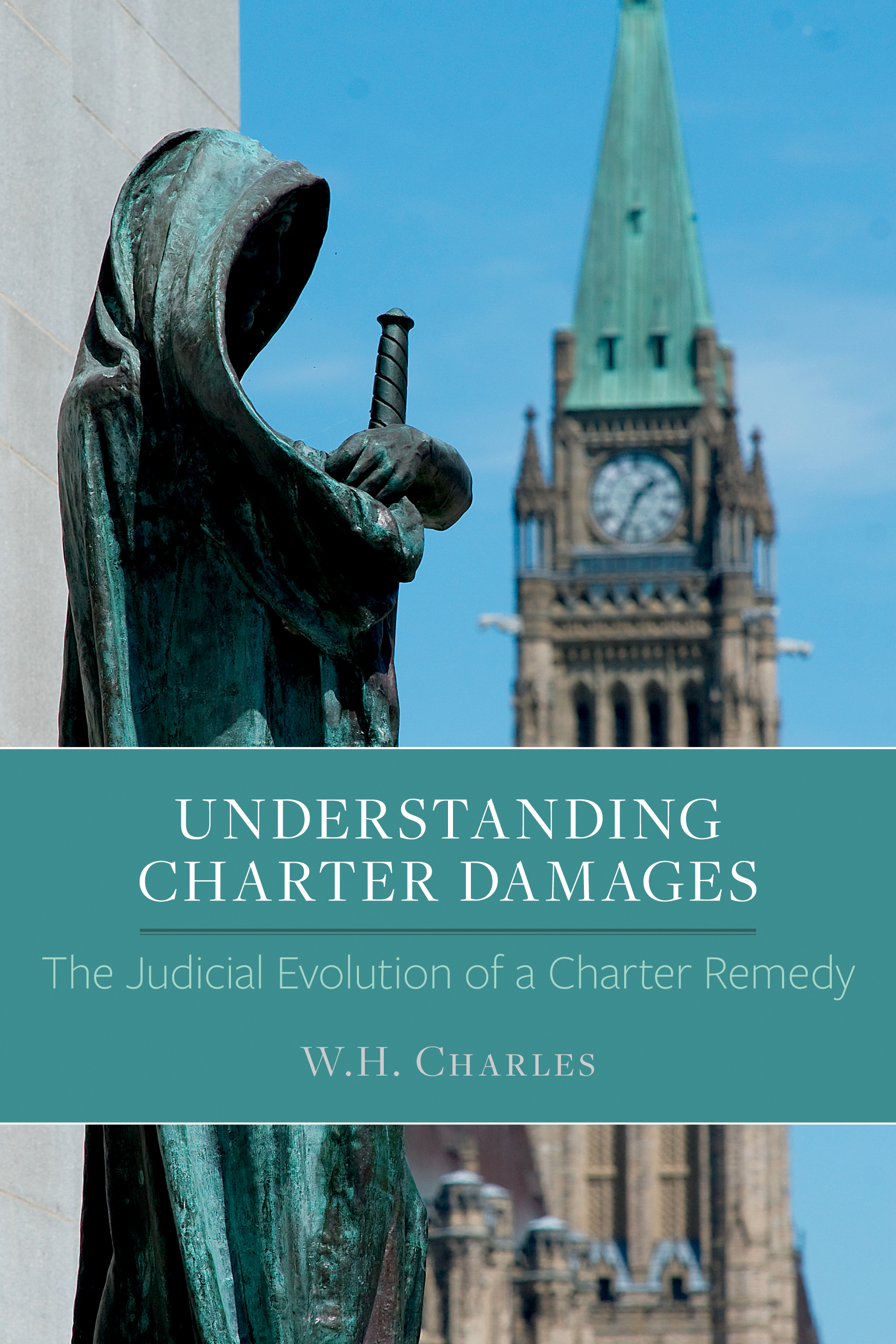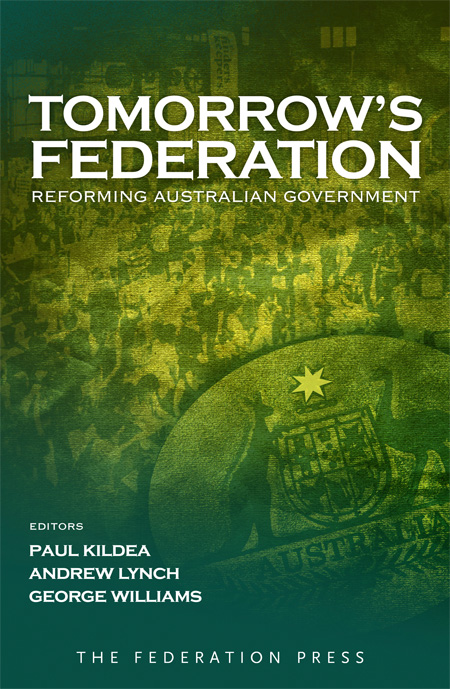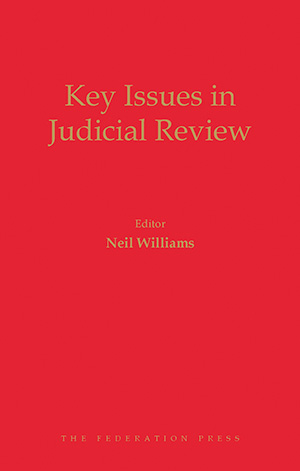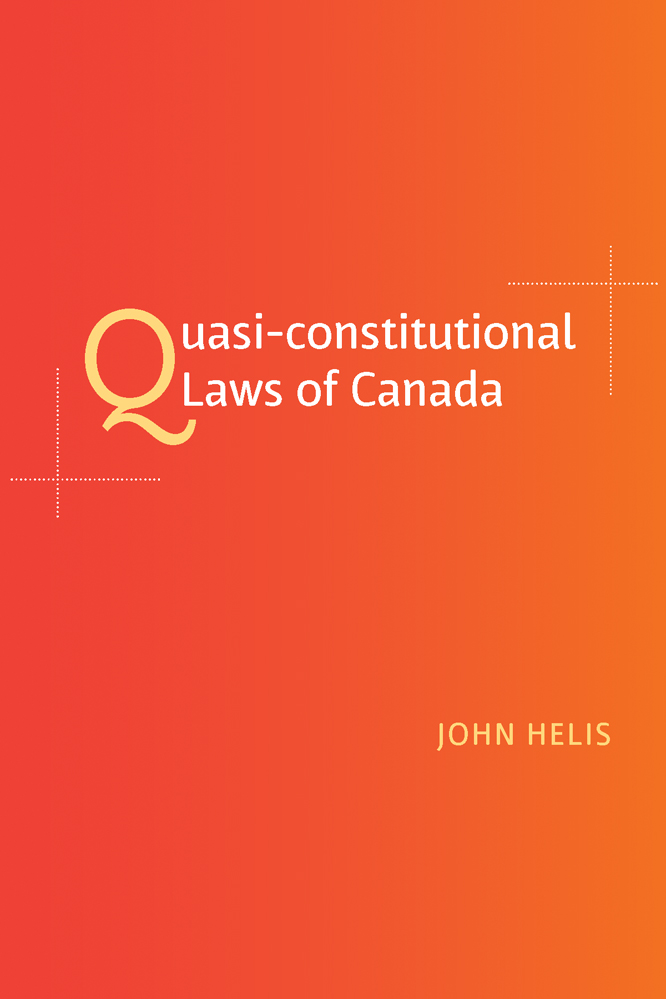Product Description
This text endeavours to provide readers with a more complete understanding of the purposes and scope of this judicially created Charter remedy. It also brings tobreaders’ attention the various relevant factors that influenced the developmentbof this new remedy. Most importantly, the book examines in detail the newbanalytical framework set out by the Supreme Court of Canada in Vancouver (City) v Ward in 2010.
Using a database of just over 100 cases covering a span of more than thirty years, the author chronicles the evolution of Charter damages through the decisions of provincial and federal trial and appeal courts. Cases involving Charter damages are statistically assessed in terms of success rates, reasons for rejection of claims, award amounts, types of damages awarded, Charter sections involved, and recurring problems.
The author also examines the effect of the Ward decision, and use of the new analytical framework, during the
post–Ward period of 2010 to 2015. As part of this review, the Supreme Court’s decision in Henry v British Columbia (AG), dealing with prosecutorial discretion, is analyzed in some detail. The author concludes with a contemporary assessment of the effectiveness of Charter damages as a constitutional remedy.










